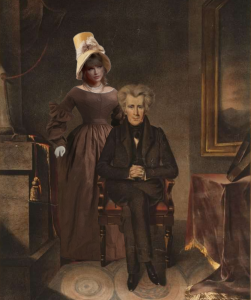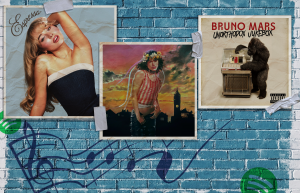
Within the past few years, our favorite Nickelodeon and Disney channel shows have been subjected to the Hollywood reboot trend.
“Wizards of Waverly Place” joined the ranks last week, to the excitement of many nostalgic fans, by officially receiving a reboot nearly 17 years after the pilot episode aired. Many viewers have high hopes for the Disney channel classic with original stars Selena Gomez and David Henrie slated to return as Alex and Justin Russo, respectively.
However, some are skeptical since many Disney reboots, like the live action “Kim Possible” or “Hocus Pocus 2,” were not well received. While Disney is the biggest offender when it comes to disappointing revivals, Nickelodeon has also contributed their fair share of rough reboots.
In the summer of 2023, Nickelodeon released “Zoey 102” on Paramount+ followed by “Good Burger 2” a few months later, both of which received less than rave reviews.
Not all reboots are failures, though. “Raven’s Home,” a legacy of “That’s So Raven,” has been in production since 2017 with six seasons and counting.
So, why are studios obsessed with rebooting old shows? Nostalgia bait in the production of television and film is increasingly popular as a method to cater to both audiences in their 20s as well as younger viewers who likely haven’t seen the original.
Many themes and life lessons are presented through children’s entertainment using recognizable names and characters. This way, these shows can maintain their important role in future generations.
Introducing reimagined classics is a great defense of revivals for old intellectual property; however, it risks tarnishing the legacy of cherished sitcoms. Most content used for reboots relies on the charm of the time in which it was made and can lead to rough waters when trying to adapt it in an entirely new era.
Skeptics are concerned that the sheer number of these reboots muddle the intentions behind them. Are they meant to genuinely recapture childhood nostalgia or is it simply a ploy to monetize the yearning for the good old days?
Money grabs and lack of originality are hardly new criticisms of large entertainment companies, but they only reinforce audience’s concerns the more they stray away from creative risks in favor of revisiting the past.
A common argument from studios like Disney is that viewership on new content is always higher when associated with well-known past shows and movies, but original content is hardly given any time to gain traction before being canceled after one or two seasons.
Disney+ original “American Born Chinese” received positive reviews but was not renewed for a second season. Fans of new shows are left disappointed when they see potential shot down.
Before shows like “Wizards of Waverly Place” or “iCarly” were classics, they were testing new ideas in the waters of children’s entertainment. How are we supposed to create media that adapts to the evolving cultural scene, represents new generations and caters to new demands without emphasizing originality?
There will be more television and film reboots in the future, but there is still hope that studios will allow new ideas to break through the sea of revivals.
After all, viewers hold the true power to decide which shows survive in the industry and we should all make time in between our nostalgia binges to enjoy something new.




